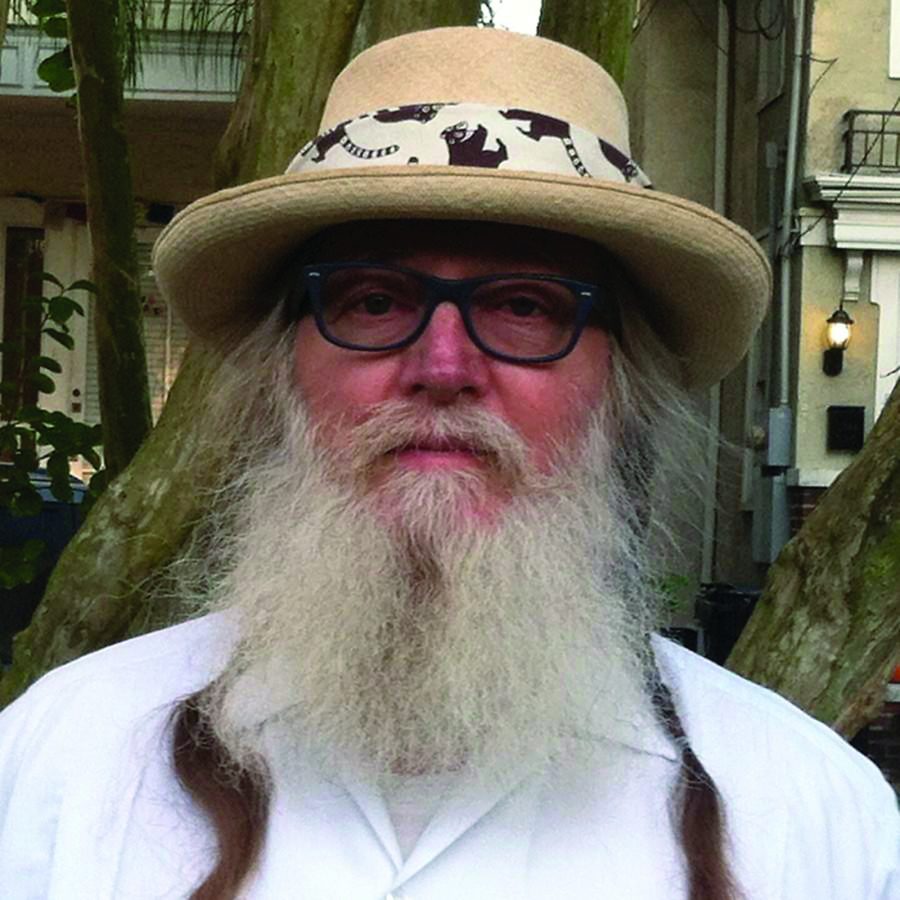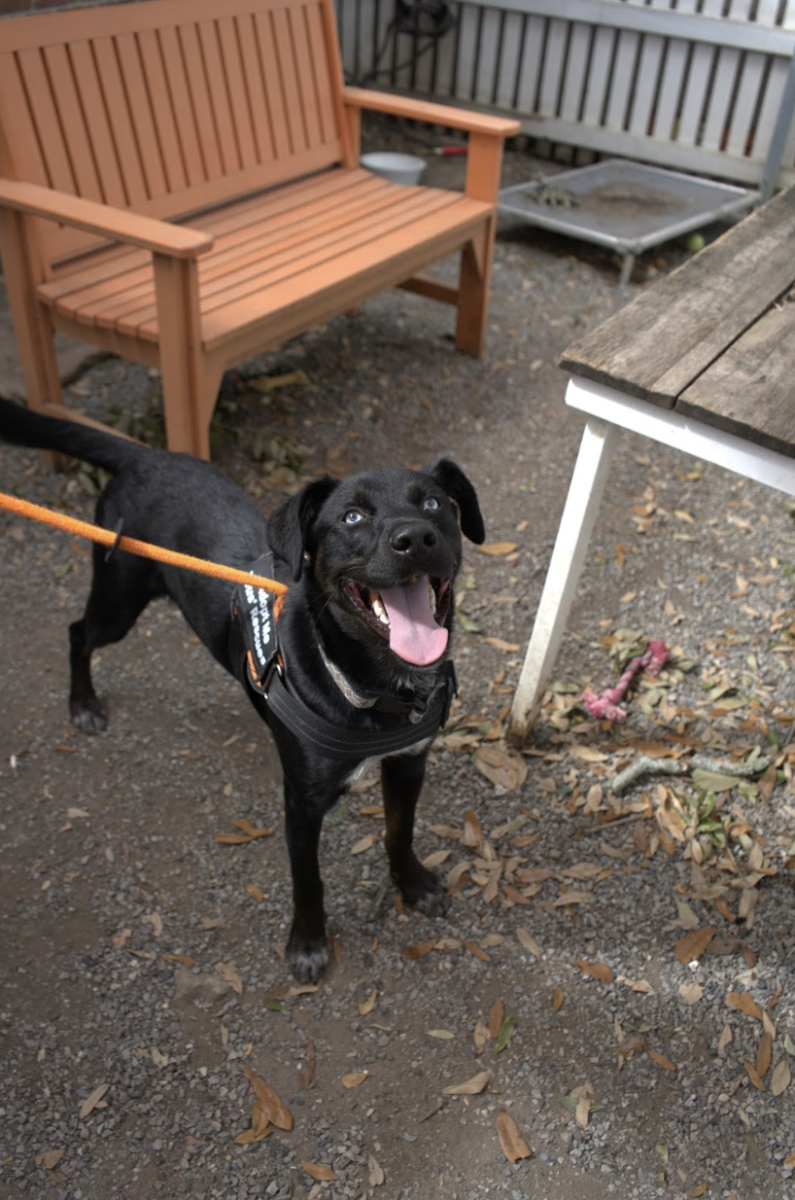J. Christopher Brown
If you want peace, work for justice. If you want justice, strive to understand.
Suffering in the Middle East due to war and other atrocities pervades life for many. Millions of desperate refugees risk everything to escape this suffering. Citizens of countries physically distant from the war zones see the suffering but fear the refugees and the terrorism associated with them.
This mayhem dominates the news headlines. It affects our way of life. It tries to control how we view other humans. St. Ignatius Loyola calls us to recognize the goodness of the world through understanding. We seek peace.
This complex and multifaceted history defies simple explanation. It cannot be explained with sound bites.
The fundamental conflict within Islam lies not between Sunnis and Shiites,
but between mainstream Sunni Islam, as practiced by the majority of the
world’s Muslims, and extreme fanatical interpretations of Islam, such
as Wahabism, which is lavishly funded all over the world by Saudi oil
money. The cities of most countries in the Middle East are filled with bored, unemployed, angry young men, who are easily beguiled by these fanatical movements. Although they commit these atrocities in the name of Islam, their extreme attitudes neither represent the views of the majority of Muslims, any more than burning “heretics” alive represents Christianity.
Moreover, the source of the problem lies not in the Israeli/Palestinian conflict, which is a symptom of a much larger problem: the lingering effects of colonialism, the lack of democracy in most of the Middle East and the lack of economic development, except oil.
Retired Israeli Lt. Colonel I. Pundak observed that the modern history of the Holy Land contains two tragedies: The first tragedy is what was done to the Jews, and the second tragedy is what was done to the Palestinians. The Jews needed a homeland, after thousands of years of dispersion and persecution, but Palestinians need a homeland too, as do the Kurds and Armenians. As long as the population is divided between those who want a Jew-free Palestine and an Arab-free Israel, there can never be a solution. The way to peace in the Holy Land requires mutual understanding of our common humanity and basic human rights.
These complex, multi-sided conflicts create strange alliances and moral
compromises. The United Staes is acquiescing in Turkey’s attacks on the Kurds, the only effective force fighting the “Islamic State” and the largest ethnic group in the Middle East without a homeland. Saudi Arabia, our supposed “ally,” is dropping bombs made in the USA from jets built in the USA on schools, hospitals, markets, and wells in Yemen. Our purchasing of Saudi oil makes us complicit in these acts. All sides in these conflicts are morally tainted.
Understanding this increasingly complex situation and recognizing all peoples’ legitimate aspirations, while condemning and preventing atrocities and injustices is more important than ever before. However, understanding someone’s motivations is not the same as agreeing with their analysis, tactics, or goals. You cannot blow up an ideology. Terrorism cannot be completely defeated by military means alone. It is only by understanding the reasons and beliefs behind the atrocities that we can confront and defeat the evil cults that claim to be representing a religious movement.
For peace and justice to prevail, much understanding is needed.
Middle East Peace Studies includes the history of Judaism, Christianity
and Islam, and the complex history of their interactions over millennia
into the present. This program provides classes, seminars and conferences with Middle Eastern scholars who encourage us to question and explore the origins of the conflicts. Consistent with the Jesuit tradition of scholarship, these studies foster a holistic understanding of what unites us, rather than what divides us. With knowledge gained from Middle East Peace Studies, students will be better prepared to contribute to peace on earth.














Reese • Sep 21, 2016 at 10:53 pm
I would like to start by saying that I strongly agree with your article. I appreciated the quote that you included regarding the two tragedies of Israel. More than that, I thought it was very insightful of you to expand on that quote in order to discuss other groups such as the Kurds and the Armenians.
Overall I agree with you, it is important for the majority of our population to learn about the Middle East. Unfortunately, some of the conflicts in the Middle East has the potential of being overwhelming for newcomers to the subject.